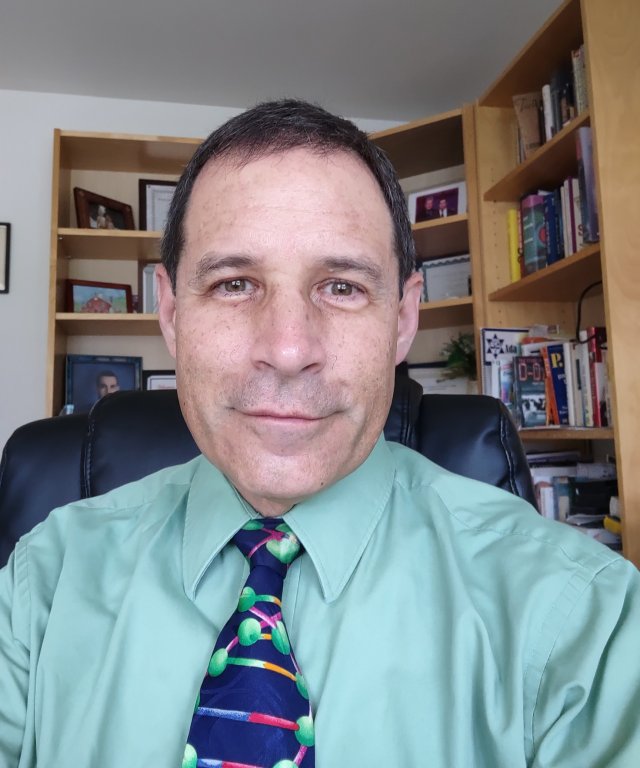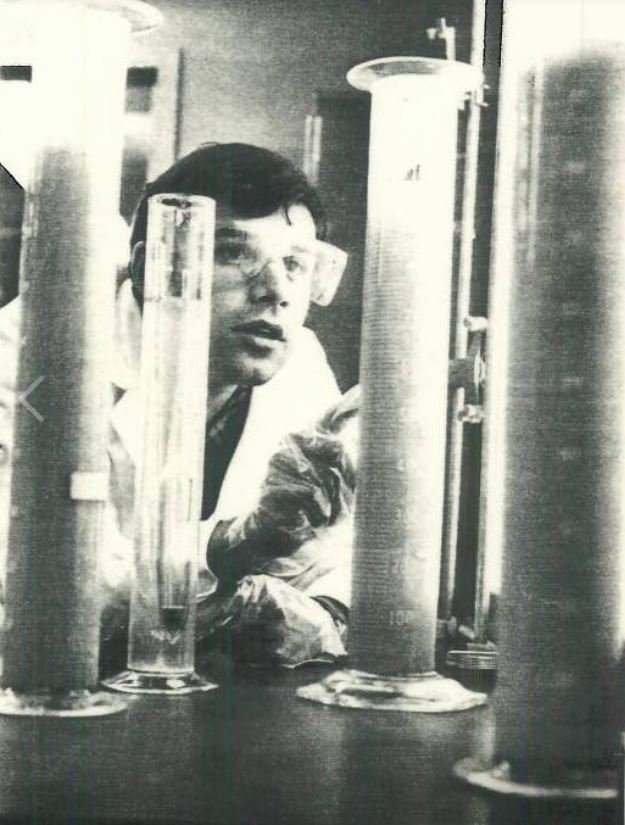Meet EPA Environmental Engineer and Science Review Officer Ron Josephson

Ron Josephson is a Science Review Officer who facilitates peer reviews for research grant applications, reviews applications for eligibility, and provides other technical support for the peer review team in the Office of Research and Development.
What are you working on right now?
I work on facilitating peer reviews of research grant applications received in response to a number of different funding notices. This involves recruiting experts from outside the Agency to review the applications we receive for technical quality as defined in our published peer review criteria. At any given time, I may be working on assembling peer reviews for multiple panels. My duties also include conducting an eligibility review on all grant applications we receive. I also participate in webinars on the funding notices and answer dozens (if not hundreds) of inquiries annually from the public concerning eligibility. Within the peer review team, we all also work cooperatively to review our own procedures, review draft Requests for Applications (RFAs), review peer review summary documents during panel meetings to ensure compliance with our quality standards, and debrief unsuccessful grant applicants. We have an excellent team!
Why is this work important?
We receive hundreds of applications for funding each year, and the peer review process helps determine which ones contain the best science for the Agency to fund. Not only does the process help advance the state of very innovative scientific research, but it helps with education—helping our reviewers understand what the peer review atmosphere is like, providing science to inform public policy and outreach, and giving the taxpayer value for our research expenditures. Those applications that do not receive funding still have a lot of merit, and the peer review process helps these scientists understand how to improve applications and research methodology for future submissions.
Tell us about your background.
I grew up in the Washington, D.C. area (mostly in Montgomery County, MD). Then I went on to get a bachelor's degree in Chemical Engineering and Engineering and Public Policy from Carnegie Mellon University, and a master's in Environmental Engineering/Toxicology Option at the New Jersey Institute of Technology. When I started with EPA in 1987, I was in the RCRA program (now OLEM/ORCR) developing and interpreting hazardous waste identification regulations. I also have some project management training experience.
When did you first know you wanted to be a scientist or work to protect the environment?
Sometime in high school or early in college. My father was an editor at Environmental Science and Technology (ES&T, a publication for the American Chemical Society) for many years, and he even took us on work trips to conferences and interviews. In addition, my high school chemistry teacher was a retired FDA scientist who instilled in everyone a strong respect for science and safety.
What do you like most about your work at EPA?
It’s never a dull moment! I get to meet a lot of new people and see cutting edge science as it develops. During peer review, discussion of any application can take surprising turns.

What do you think the coolest scientific discovery was and why?
Air conditioning because I am writing this on a hot day! On a more basic level, I would say alternating current electricity, and discovery of germs and food-borne bacteria have saved millions of lives and led to greater advances in technology.
If you weren’t in your current career, what would you be doing?
Well, I have this Walter Mitty fantasy about becoming a radio announcer or a voice-over artist, but I do contemplate what I would be doing as I get closer to retirement. I can see myself doing different kinds of things, whether it’s travel-related, tour guide, teaching, or even winemaking. I might also have been working in finance or accounting as I would be driven by my inner introvert, and I am interested in personal finance.
What advice would you give a student interested in a career in science?
I would tell young people to value ethics and high standards. I would also tell them to learn how to communicate with a wide audience effectively, not just be buried in the science. Learn to give and take criticism constructively. For those in government, remember that your actions can affect the lives and livelihoods of thousands or even millions of people. It is important to be open to inputs from all sides. Remember, you don’t know everything!
Editor's Note: The opinions expressed herein are those of the researcher alone. EPA does not endorse the opinions or positions expressed.
